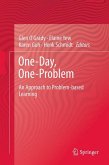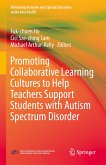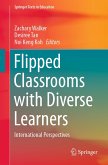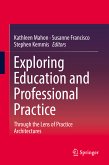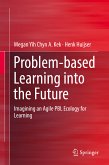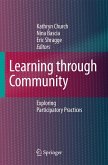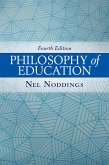If you are looking for a fresh perspective on cooperative learning, this book is for you. It helps you explore how cooperative learning is so much more than just asking students to arrange themselves in a group, and considers how cooperative learning can fit with other areas of education that you care about.
Although the two authors both completed their PhDs in the West, they have taught in Asia for the past 25+ years, working with students and teachers from a wide variety of Asian and other countries, and with teachers from a very wide variety of content areas who teach students of many different ages.
Dieser Download kann aus rechtlichen Gründen nur mit Rechnungsadresse in A, B, BG, CY, CZ, D, DK, EW, E, FIN, F, GR, HR, H, IRL, I, LT, L, LR, M, NL, PL, P, R, S, SLO, SK ausgeliefert werden.



